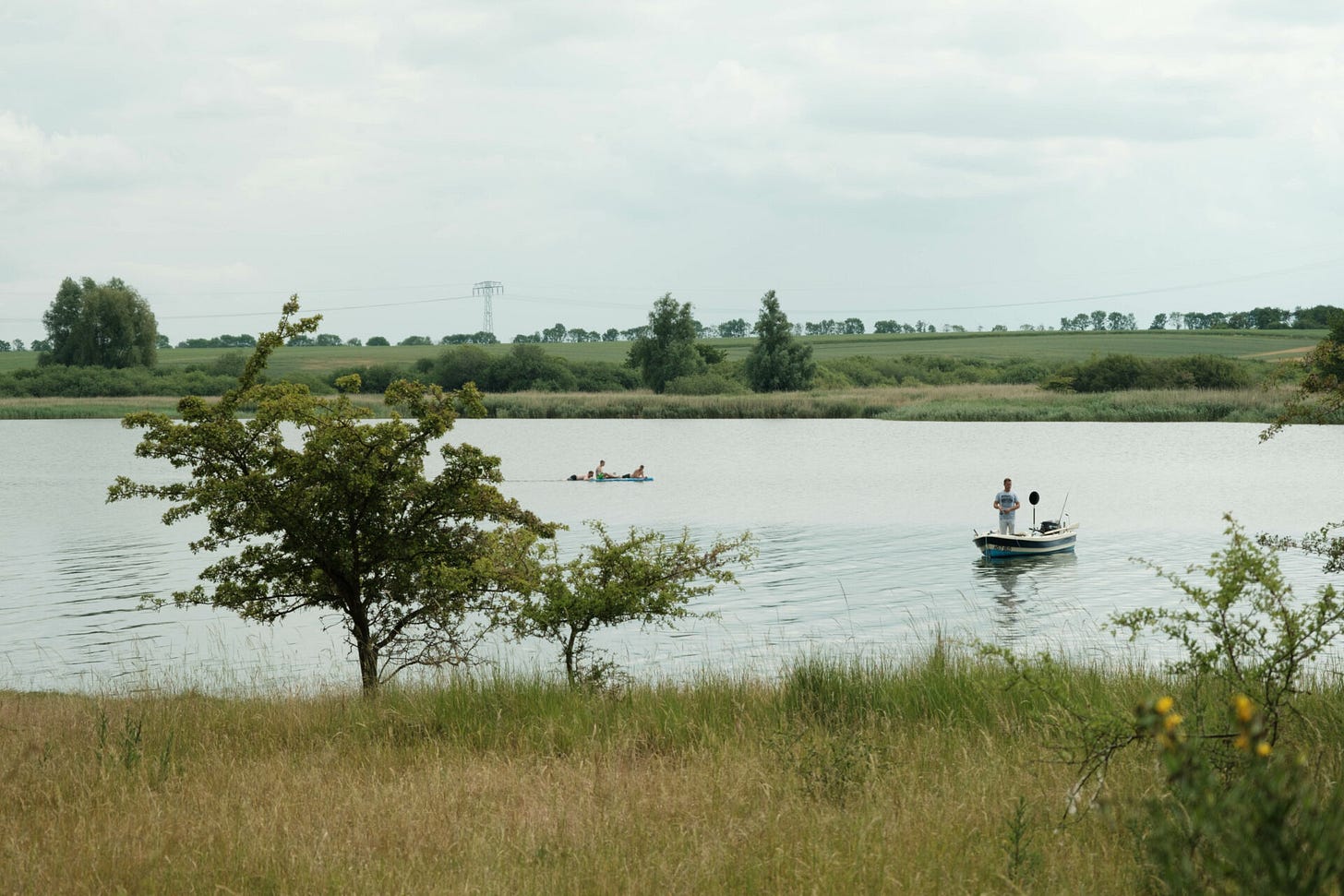The Energy of Building Big
Months over days, stories over plans, and growth over launching
This year, I've been obsessed with shipping small: weekly newsletters, bi-weekly podcasts. It's been great for combating perfectionism and inaction. But I'd forgotten the particular energy that comes from building something more long term. Something that takes months, not days, to ship.
I'm rediscovering this because I’m writing a book! It’s a practical coaching toolkit for engineers and tech leads — more coming soon on that.
So far, writing it has been equal parts scary and exciting, and I’m only at the beginning. It’s made me realise I’ve been using my focus on consistent, smaller outputs as an excuse to avoid my fear of committing to something bigger, and something I've been wanting to write for a long time. I haven’t been following my own advice, and instead putting off the book for “some day, when I have more focus time”.
Of course, that day will never come. “Someday isn't a day of the week”, as the saying goes.
I think the brutal truth is that I also know that if I write it, I have to kill the perfect dream idea of it that lives in my head and instead actually make it real.
Big projects are excellent mirrors for how you think and act
Within days of committing to the book, my brain started spinning up questions that had nothing to do with actually writing: Is the title perfect? How will I market it? Should I do pre-sales? What about the cover? Should I buy a domain? Setup a website?
I know none of this matters yet, but it's exactly how I approach every project, jumping to logistics and strategy and skipping the bit where I actually make the thing.

The best question I've learned to ask
I’ve noticed this project is giving me a different framework for decisions. I can ask "does this serve the larger project?" instead of "is this good enough to ship tomorrow?"
This has helped me clarify more creative decisions in the past month than anything else I've tried. It cuts through the noise of perfectionism and helps me focus on what actually matters for the work.
It's also making me work harder at storytelling. I need to keep the larger thread while making sure the information is accurate, palatable, and actionable. I can feel my brain stretching to apply what I already know to this larger format.
I'm writing this post after leaving my favourite bookshop, where I caught myself analysing cover designs and thinking about fonts and colour schemes. The old patterns are still there. But I'm reminding myself that it's no different than this newsletter: sit down, write, follow the excitement and curiosity, let it emerge. The work teaches you what it needs as you do it.
On the pod
I just released my conversation with Dr. Rod Berger about the magic of storytelling and living what he calls "a Forrest Gump life" - saying yes to unexpected opportunities and letting those experiences become the foundation for compelling stories and a life well lived.
Rod's insights about turning life experiences into meaningful stories feel especially relevant as I figure out how to make a practical coaching toolkit actually engaging to read.
Worth your time
Explore: The Creative Independent - “a resource of emotional and practical guidance for creatives” that I discovered this week. There’s a lot of nice content on there, and I kinda love the design of the site as well.
Listen: Here on Substack I really enjoyed listening to Daniel Hunter’s chat (here) with Dominik Gmeiner for Indie Thinkers. (Which is also a great publication!) It got me thinking about how “decision making” is often what’s left over when we abstract a lot of our work to AI.
Read: On the topic of small vs big projects, “I’ve launched 37 products in 5 years and not doing that again” - Alex Belogubov shares the details and lessons learnt on his crazy efforts to “just keep launching” and his transition to “slow growth”.
WILD BARE THOUGHTS, another new discovery for me. Start with Taste is the New Intelligence or imposter syndrome is the price of showing up.



Thanks for sharing Mike!
Thanks for the call out Mike!